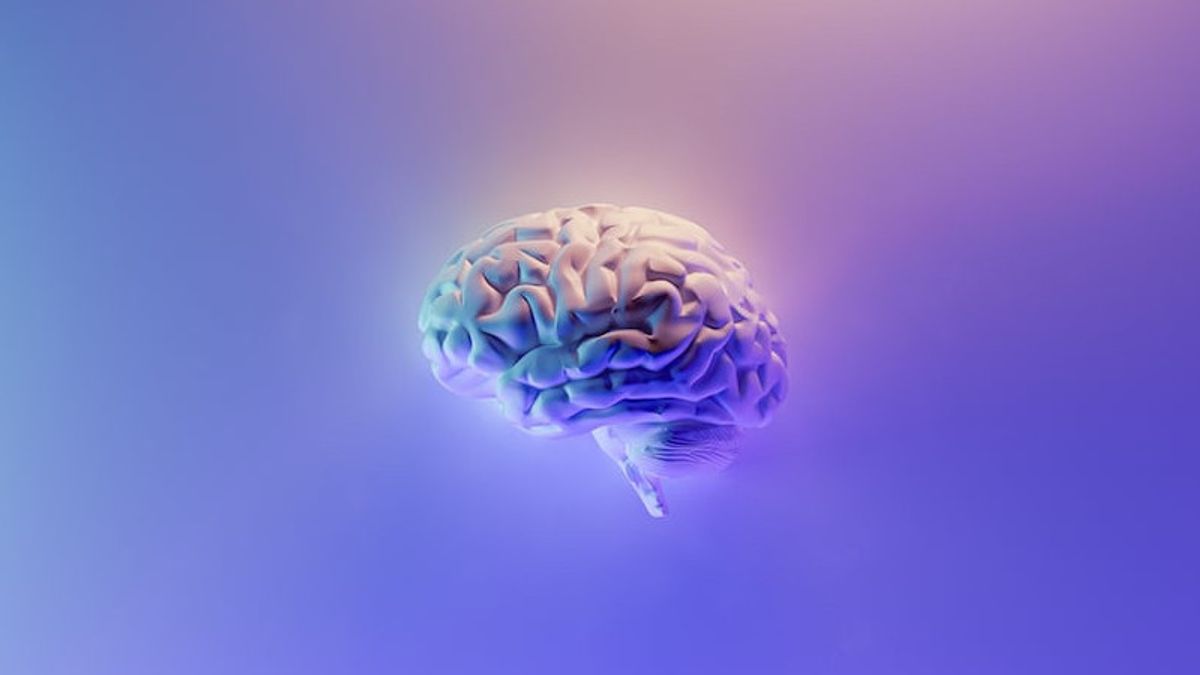JAKARTA - Researchers argue that current state-of-the-art computers cannot beat the abilities of the human brain. Therefore, they have ambitious plans to build a supercomputer using real human brains.
Computer developers have also long tried to emulate the performance of the human brain, especially with artificial intelligence. However, these techniques have never been able to match the various achievements that humans have achieved using their own organic brains.
That's why researchers are now talking about the construction of a biocomputer made of 3D human brain cells, or so-called Organoidal Intelligence (OI).
Organoids are tissues that grow in laboratories that resemble organs. These three-dimensional structures, typically from punca cells, have been used in laboratories for nearly two decades.
Where researchers were able to avoid harmful human or animal testing by experimenting with kidney, lung, and other organs substitutes.
In fact, brain organoids do not resemble a small version of the human brain, but cell culture the size of a penpoint contains neurons capable of performing brain-like functions, forming many connections.
Furthermore, this brain organoid will be able to mimic the strength of the human brain in terms of learning and memory, making them able to do things that ordinary computers cannot. It can even add artificial intelligence.
"The vision (organoidal intelligence) is to use the power of biological systems to advance the field of life science, biotechnology, and computer science," researcher Lena Smirnova, co-author of the paper, told VICE quoted by the DailyStar, Friday, March 3.
"If we look at how efficiently the human brain operates in information processing, learning, and more, we are tempted to translate and model it to have systems that will work faster and more efficiently (than) computers today," he added.
Researchers argue that currently they have reached the physical limit of silicon computers as it becomes increasingly difficult to pack more hardware into small chips.
"But the brain is fully connected in different ways. It has about 100 billion neurons connected through more than 1015 connection points. This is a huge difference in strength compared to our current technology," said co-author Thomas Hartung of Johns Hopkins University, USA.
Meanwhile, Hartung said, technology has a long way to go and far from reality, it marks a step forward for computer science that has examined brain-computer interfaces.
It was evident last month a Twitch streamer claimed to have beaten the cunning boss in the Elden Ring using his brain power and brain-computer controller for 685 pounds.
A number of work is needed before the biocomputer can become something practical for actual use. They have to be much larger, where brain organoids currently have around 50,000 cells, but researchers will need 10 million of them for organic intelligence.
And can communicate it by sending and receiving information to understand what they think. In addition to increasing computing, organic computers can also help tell more about the brain that inspires them.
The researchers were able to compare how healthy organoids study with people who may have neurological conditions, for example, and test how substances damage the brain.
Generating a brain capable of learning, remembering and perhaps even understanding in the same way humans can present ethical challenges, according to the researchers.
"An important part of our vision is to develop OI in an ethical and socially responsible way," Hartung said.
"For this reason, we have partnered with ethics experts from the start to build an 'embedded ethical' approach. All ethical issues will continue to be assessed by a team consisting of scientists, ethics experts, and the public, along with the development of research," he added.
This new work is described in a paper, Organoid Intelligence (OI): The new frontier in biocomputing and intelligence in-a-dish, published in the journal Frontiers in Science.
The English, Chinese, Japanese, Arabic, and French versions are automatically generated by the AI. So there may still be inaccuracies in translating, please always see Indonesian as our main language. (system supported by DigitalSiber.id)











